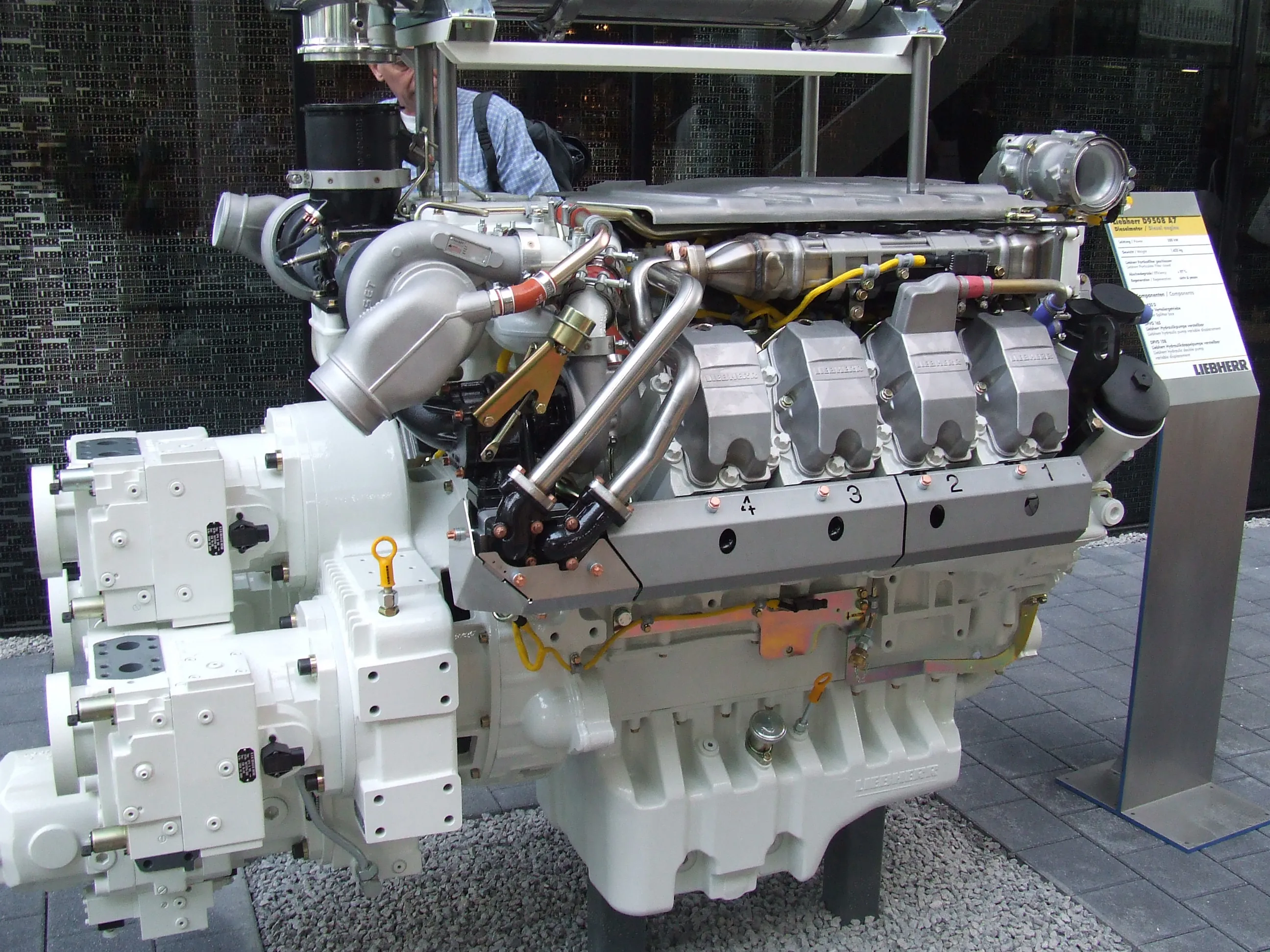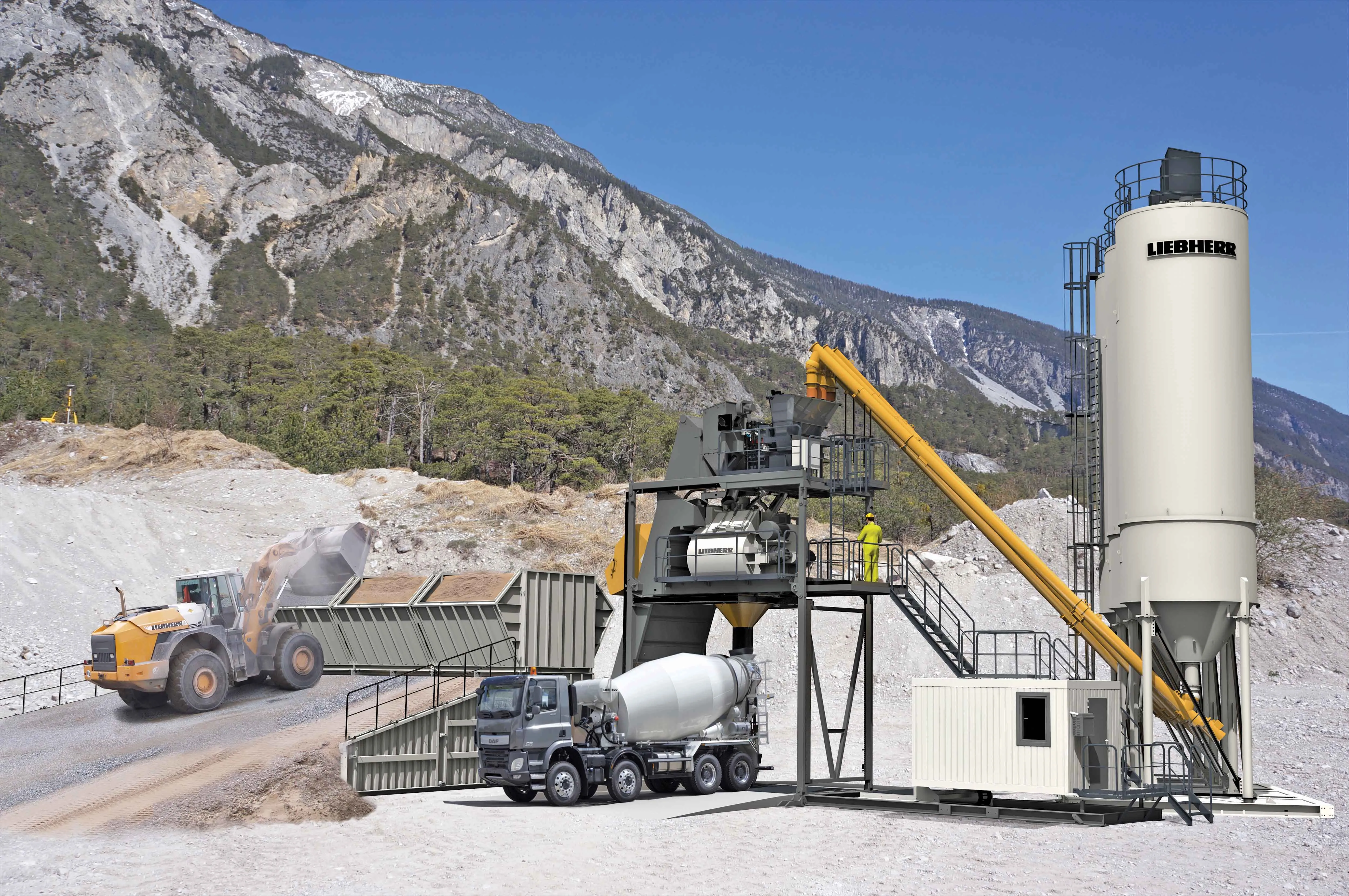ELE International is launching the Geotechnical Data Acquisition Unit (GDU), a multi-channel data logger which can co-ordinate test data from several different soil tests at the same time. This development means that a wide range of soil tests can be carried out in a very cost effective way, with accurate and reliable results, says ELE. Combining the GDU with the transducers from the various soil tests and ELE’s geotechnical software package DS7, creates a system which can co-ordinate and supervise the vari
January 3, 2013
Read time: 2 mins

Combining the GDU with the transducers from the various soil tests and ELE’s geotechnical software package DS7, creates a system which can co-ordinate and supervise the various tests and then produce results sheets compliant with most international standards. The GDU communicates with a PC containing the DS7 software via a standard connection.
While the methods and equipment for soil testing has been evolving continuously since the 1950s and ‘60s, data processing remained expensive and time-consuming until relatively recently. “These latest packages automate the analysis and reporting of results enabling the time and costs associated to test soil to be reduced considerably, while ensuring results are both accurate, consistent and in line with the latest standards,” according to ELE.








